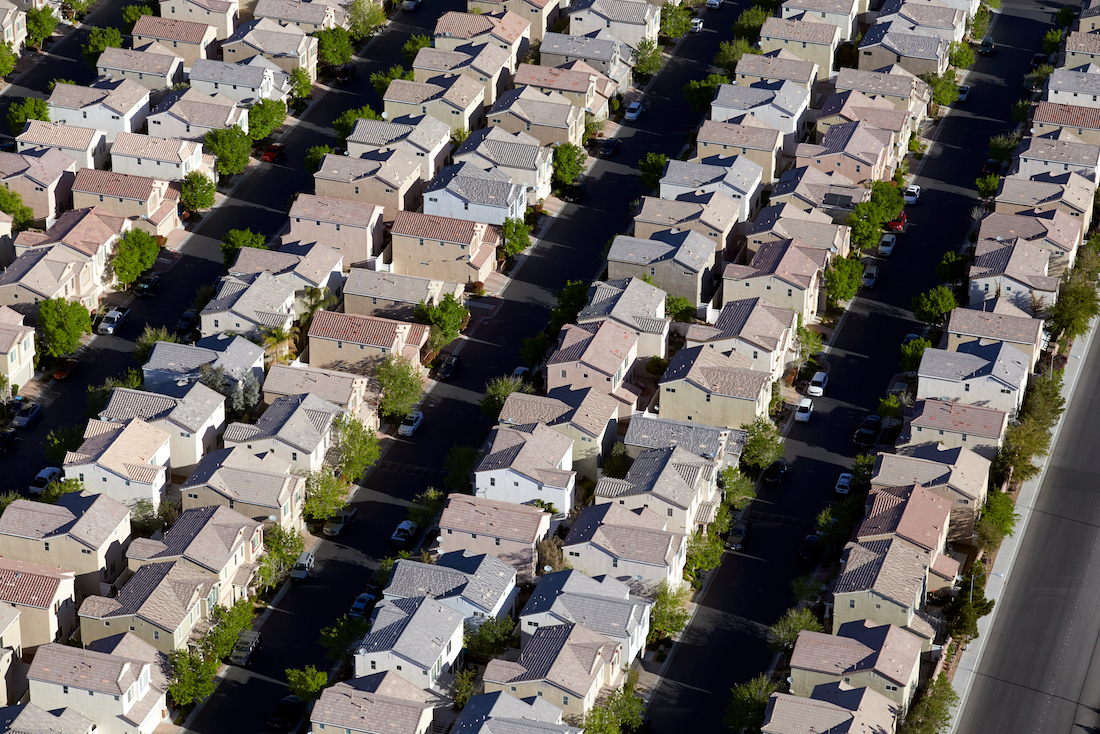Although housing markets were up across most Metropolitan Statistical Areas , the case of Las Vegas warrants particular attention.
The lockdowns driven by the pandemic brought the city – which welcomed a record 42 million visitors in 2019 – and its core economy to a screeching halt when hotels and casinos closed their doors in March 2020.
2020 was a stellar year for Nevada’s housing market, at least from a pricing perspective, even though volumes for both new and resale were down by almost 40%.
Significant employment generation across multiple non-core sectors relieves Las Vegas of its high reliance on leisure and hospitality, thereby making the housing market more resilient than it was in 2008.
The relocation of the NFL’s Raiders, and the fairy-tale inaugural season enjoyed by the NHL’s Vegas Golden Knights has further brought attention to Southern Nevada as an economic hub that’s much more than a tourist and recreational destination.
In the case of new construction, the disruption in material supplies, coupled with lockdown restrictions, slowed the pace of new inventory hitting the market.
The pandemic paused job mobility both locally and across the region, as well put the brakes on any upgrades people were considering pre-pandemic due to economic challenges.
Prior to the pandemic, a significant number of people were moving to Las Vegas, largely from California which has been plagued with high taxes, rising home costs, and a swath of natural disasters.
As we progress towards a full economic recovery over the next year, housing demand from local households who were affected by the economic distress is likely to rebound, potentially offsetting any increase in supply of distressed assets.
2020 was a stellar year for prices, but that was an anomaly largely due to various factors, particularly the mortgage forbearance which was the artificial plug shielding the market.
